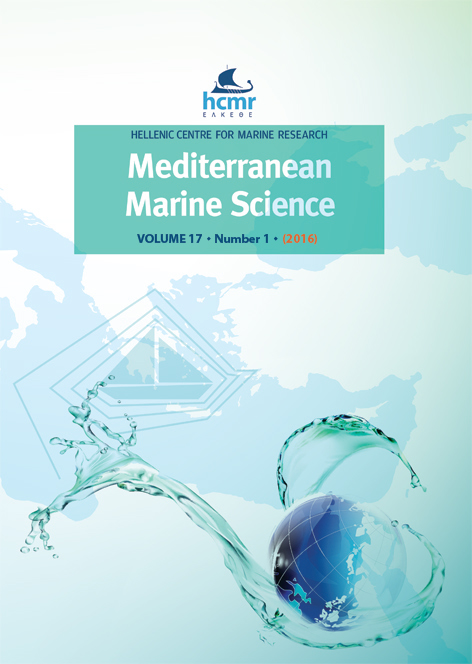Cumulative human threats on fish biodiversity components in Tunisian waters

Abstract
Human activities are increasingly impacting biodiversity. To improve conservation planning measures in an ecosystem-based management context, we need to explore how the effects of these activities interact with different biodiversity components. In this study, we used a semi-quantitative method to assess the cumulative impacts of human activities on three biodiversity components (species richness, phylogenetic diversity, and functional diversity) in Tunisia’s exclusive economic zone. For each of the nine activities considered, we developed an understanding of their effects from local studies and the expert opinion of stakeholders with country-specific experience. We mapped the cumulative effects and the three biodiversity components and then assessed the degree to which these elements overlapped using an overlap index. This is the first time such an assessment has been made for Tunisia’s marine ecosystems and our assessment highlight the inappropriateness of current conservation measures. The results of this study have specific application for the prioritization of future management actions.
Article Details
- How to Cite
-
BEN RAIS LASRAM, F., HATTAB, T., HALOUANI, G., ROMDHANE, M., LE LOC’H, F., & ALBOUY, C. (2015). Cumulative human threats on fish biodiversity components in Tunisian waters. Mediterranean Marine Science, 17(1), 190–201. https://doi.org/10.12681/mms.1373
- Issue
- Vol. 17 No. 1 (2016)
- Section
- Research Article
Authors who publish with this journal agree to the following terms:
- Authors retain copyright and grant the journal right of first publication with the work simultaneously licensed under a Creative Commons Attribution Non-Commercial License that allows others to share the work with an acknowledgement of the work's authorship and initial publication in this journal.
- Authors are able to enter into separate, additional contractual arrangements for the non-exclusive distribution of the journal's published version of the work (e.g. post it to an institutional repository or publish it in a book), with an acknowledgement of its initial publication in this journal.
- Authors are permitted and encouraged to post their work online (preferably in institutional repositories or on their website) prior to and during the submission process, as it can lead to productive exchanges, as well as earlier and greater citation of published work (See The Effect of Open Access).




